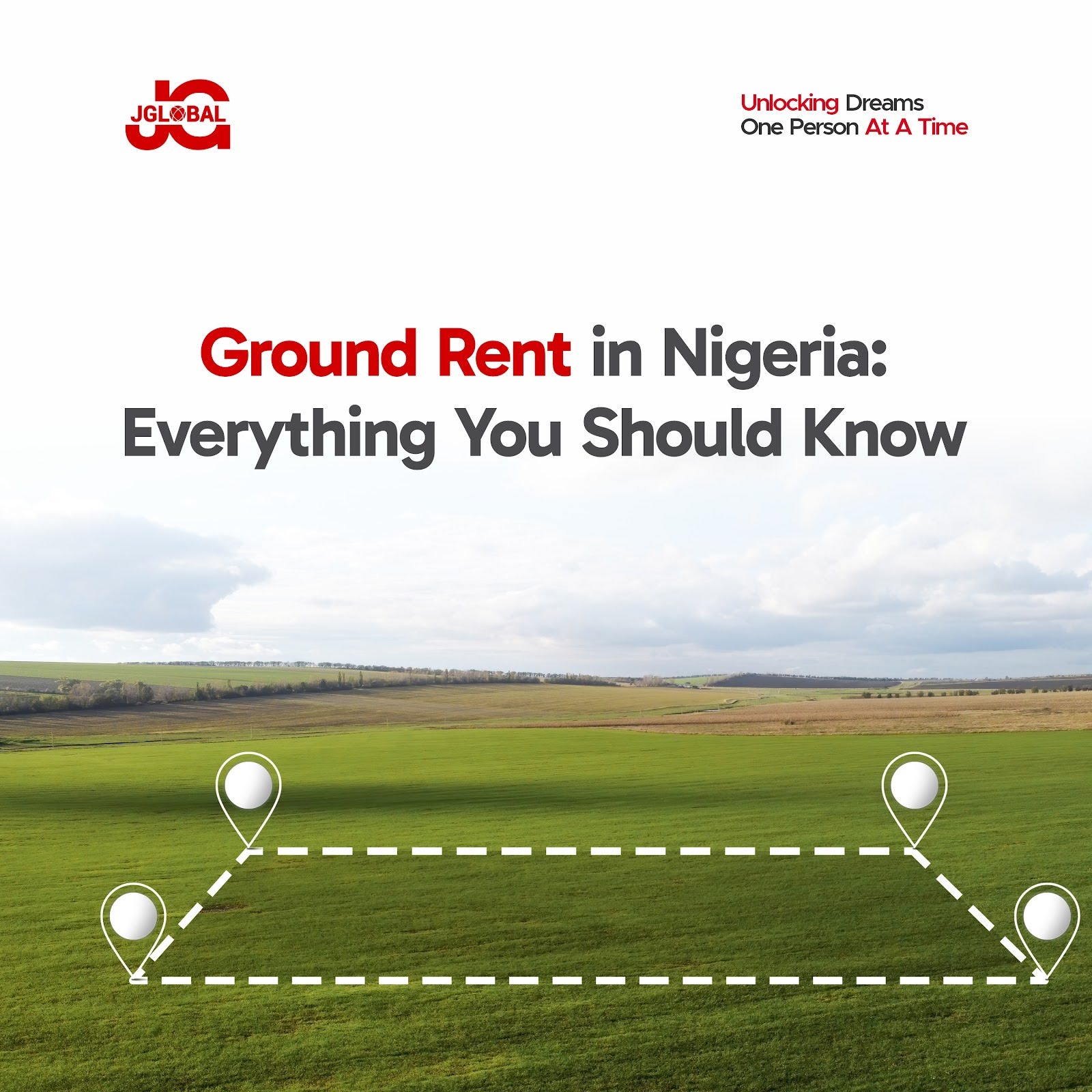GROUND RENT IN NIGERIA: EVERYTHING YOU SHOULD KNOW.

In 2024, we heard news of revocation of properties by the FCT Minister, Nyesom Wike, who made statements that he is not stopping any time soon.
Why are properties being revoked and what can be done about it? Here is Why: Ground rent
What is Ground Rent?
Ground rent is a fee paid by property owners to the state government for occupying land granted by the state.
Yes, you read that right – occupying, not owning.
In Nigeria, the concept of ground rent is rooted in the Land Use Act of 1978, which states that all land in Nigeria is vested in the state government.
According to the Land Use Act, “all land in Nigeria is vested in the Governor of the State, and the Governor holds such land in trust for the people of the State” (“Section 1” of the Land Use Act).
This means that property owners in Nigeria are essentially tenants of the state government, and ground rent is the fee paid for the privilege of occupying state land.
The stipulated amount for ground rent varies depending on the location, land size, and land use but typically ranges between ₦10-₦50 per square meter per year.
In previous years, the government has not taken much interest in ground rent, which is why it seems like a new policy, but it has existed for a long time.
Why is Ground Rent Important?
Ground rent is important because it serves as a source of revenue for state governments in Nigeria.
The fee is usually paid annually, and the amount varies depending on the location, size, and type of property.
In addition to generating revenue, ground rent also helps to:
1. Regulate land use and development
2. Prevent unauthorized occupation of state land
3. Ensure that property owners contribute to the state’s infrastructure development
Consequences of Non-Payment
Failure to pay ground rent can have severe consequences for property owners.
According to the Land Use Act, “the Governor or Minister on behalf of the President may revoke a right of occupancy for non-payment of rent” (“Section 28” of the Land Use Act).
This means that if you fail to pay ground rent, the state government can revoke your title to the land, without compensation.
However, it’s important to note that non-payment of ground rent doesn’t immediately lead to revocation.
The FCT Minister or Governor must first prepare the certificate, and then property owners who refuse to pay can have their certificates withdrawn, along with their right of occupancy.
How to Pay Ground Rent
Paying ground rent is a relatively straightforward process.
Here are the steps to follow:
1. Obtain a Certificate of Occupancy (C of O) or a Governor consent for land use from the state government.
2. Verify the amount of ground rent payable on your property.
3. Pay the ground rent annually, as stipulated by the state government.
Remember, as a property owner in Nigeria, you are occupying state land, and ground rent is the fee paid for that privilege.
Stay informed, stay compliant, and avoid the risks associated with non-payment of ground rent.
CONCLUSION
Ground rent is an important aspect of property ownership in Nigeria. By understanding what ground rent is, why it’s important, and how to pay it, you can avoid the consequences of non-payment and ensure that they comply with the provisions of the Land Use Act.




Very apt and concise.